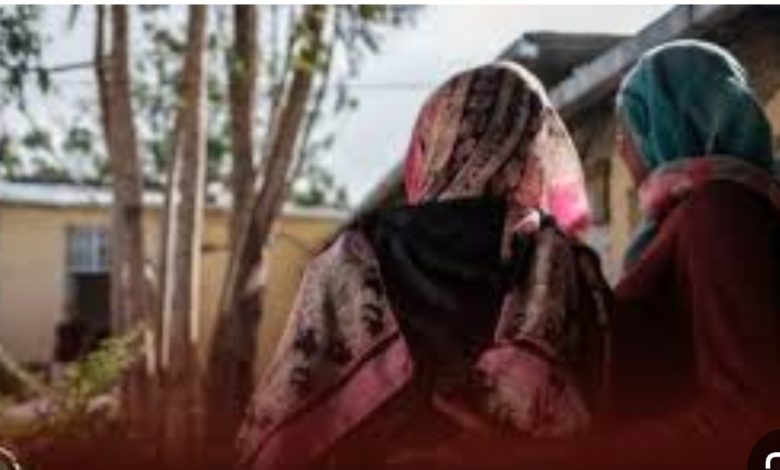News
Report on Kidnapping and Sexual Violence In Khor Jahannam (1-3)

Khartoum – Sudan Events
Sudan Events to highlight into series the report that was prepared through field research conducted by dedicated researchers from the African Center for Justice and Peace Studies. They contacted 41 reliable sources in various locations in Darfur including El Daein, El Fasher, Kabkabkabiya, Kutum, Dar El Salam, Tabat, Khor Mali, Qallab, Sharfa in North Darfur, and Nyala in South Darfur.
The report also included testimonies from survivors, eyewitnesses, and relatives of kidnappers. The research took place over three months (May-July 2023).
All witnesses provided their testimonies voluntarily and with full knowledge that their names would be withheld for their safety.
Introduction
The outbreak of the war in April 2023 in Sudan, has led to large waves of refugees and the displacement of nearly 3 million people and a worrying increase in violations.
These violations include aerial bombardment of civilians, public and private facilities, enforced disappearances, extrajudicial killings, and rape. The ongoing war and the history of both warring parties have made these violations disturbingly prominent.
Military headquarters of the warring parties in the center of cities have facilitated raids on houses and attacks on civilians. New types of violations have also emerged, including the abduction of women and girls and forcible transfer to other states, with brutal torture and the potential for developing into sexual slavery and trafficking.
Eyewitness testimonies indicate that these violations were committed by individuals wearing RSF’s uniforms
Legal Framework
War Crimes and Crimes Against Humanity
The report has identified a series of violations that constitute war crimes and crimes against humanity.
It is crucial to have a comprehensive understanding of the extent and history of these crimes since the start of the war on April 15, 2023. This includes the disclosure of the record of individuals who have been forcibly disappeared, as published by various human rights groups, and necessitates a thorough and transparent investigation.
The report has highlighted various forms of violations, including abduction, enforced disappearance, torture, rape, cruel and humiliating treatment, and forced prostitution.
According to a witness named Tayba, abductors and their victims are seen in the areas of
Shangili Tobaya, Malam, and other southern Darfur regions, with the victims being coerced into forced prostitution.
As a result, these abducted women are living in deplorable conditions. Additionally, some women working in public places have also been abducted and are being sexually exploited.
These violations raise questions about the accountability of the military forces’ direct command.
The Sudanese Domestic Law
Sudan’s 1991 law criminalizes offenses of abduction and luring of persons under the age of 18, as well as rape and torture. Sudan ratified the Convention for the Prevention of Torture and other Cruel, Inhuman or Degrading Treatment or Punishment (SPT) in 2021.
However, the Transitional Government in Sudan has faced challenges and difficulties, including a military coup on October 25, 2021, which has delayed proposed legal reforms to align laws with relevant regional and international conventions and treaties.
This includes amending the medical examination form to meet the requirements of the United Nations, such as the Istanbul Protocol, and ensuring comprehensive documentation of torture cases.
Lack of Access to Justice
The outbreak of the war in April 2023 led to the disappearance of police forces from the scene, resulting in several negative consequences.
This included the escape of hundreds of convicts from prisons in various Sudanese cities.
Some police units, such as the Central Reserve Police, engaged in fighting alongside the SAF against RSF troops, instead of carrying out their genuine professional duties. Additionally, some police stations were transformed into detention centers.
The current war has disrupted the work of law enforcement agencies and exposed civilians to widespread violations and vandalism.
This includes attacks on the headquarters of justice and law enforcement agencies, which have become targets of both sides in the conflict.
Despite legislation adopted in 2020 to protect witnesses, the nature and expansion of the war have made it difficult for law enforcement to carry out their duties effectively.



